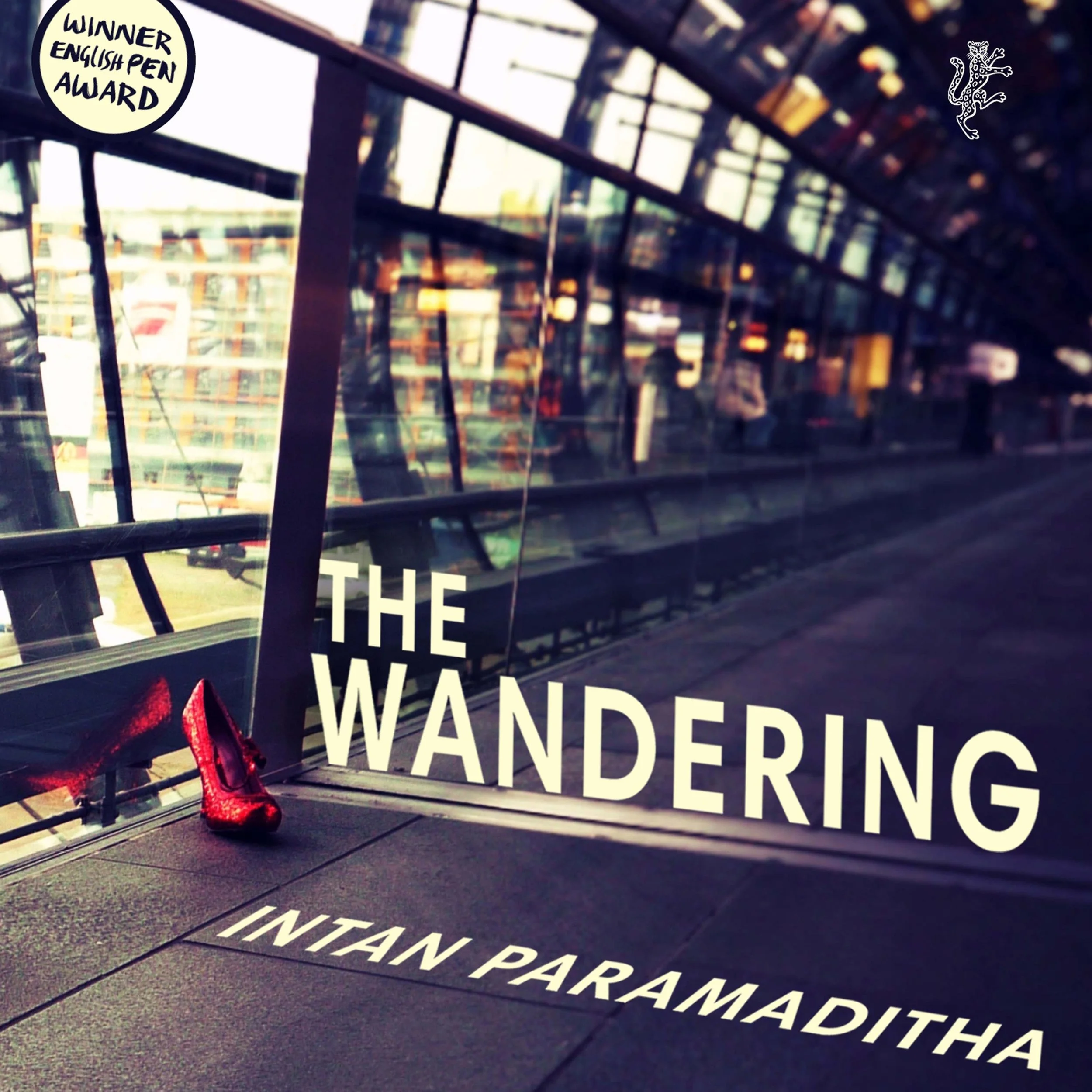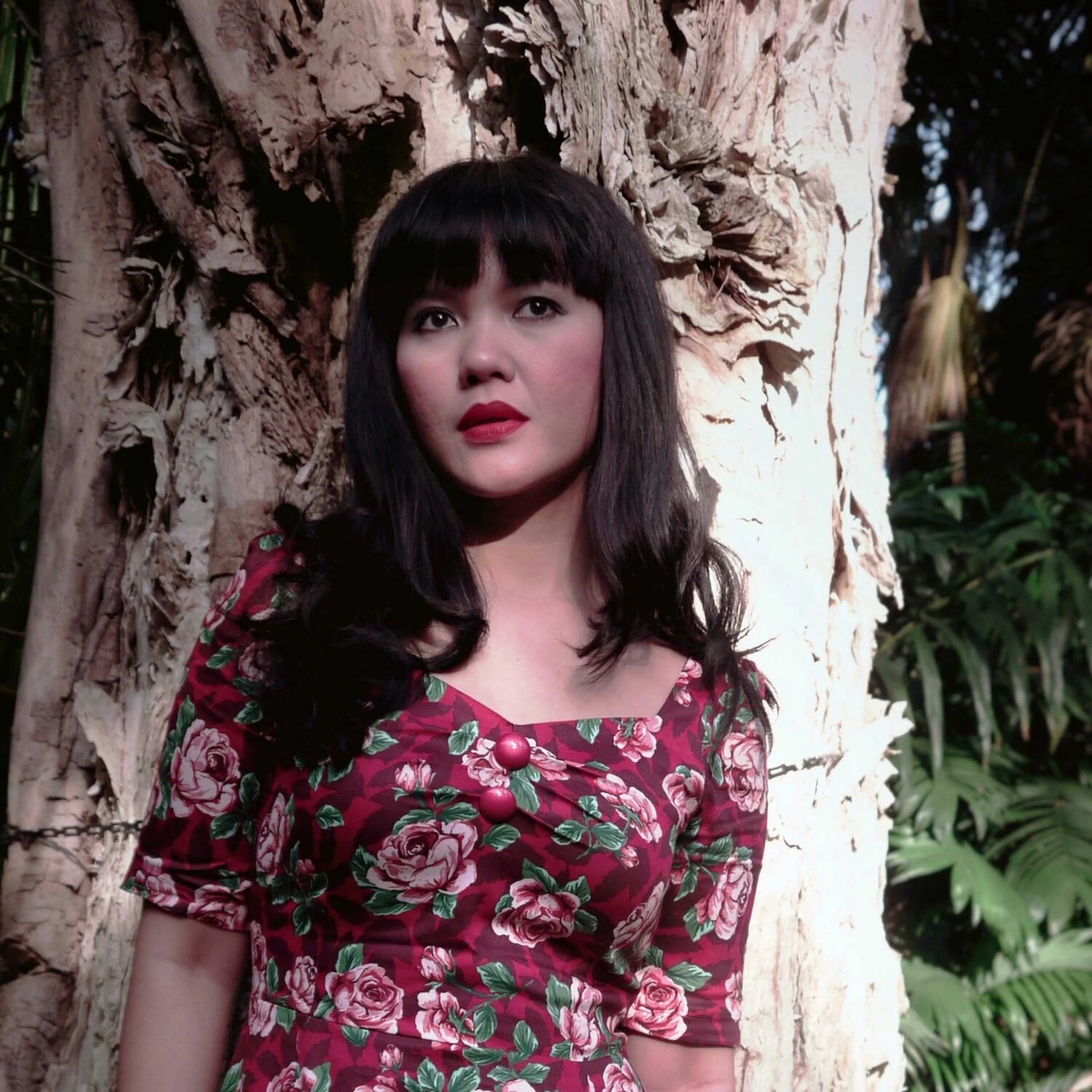Feminism, Resistance & the Global South - Highlights - INTAN PARAMADITHA
/Author of The Wandering · Apple and Knife
Editor of Deviant Disciples: Indonesian Women Poets · Co-ed. The Routledge Companion to Asian Cinemas
The Wandering is a choose your own adventure novel, and the reader is situated in the shoes of this brown woman from the Global South. She's 27 and in a way, she is stuck with her life. She aspires to be middle class, but her job doesn't allow her to achieve this social mobility. In her condition, she makes a deal with a devil, a reference to the story of Faust and Mephistopheles, finally getting a pair of red shoes that will take her anywhere. But that means she will never be able to find home—that's the curse of the shoes. The title in Indonesian is Gentayanga, which is a word used to describe ghosts who exist in a liminal state.




